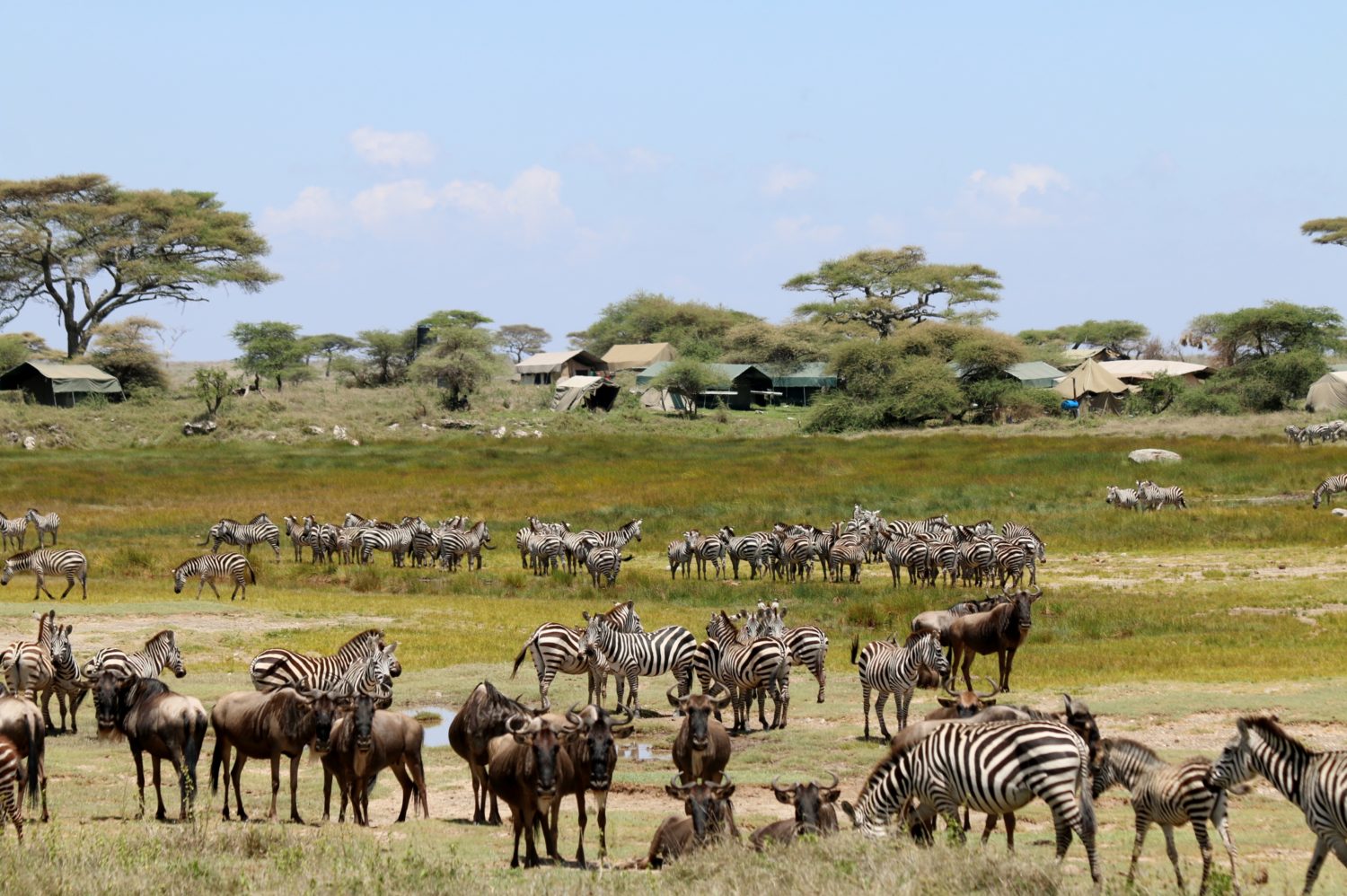Friends and acquaintances are curious why we chose Bhutan as a travel destination. Some people had never heard of the country and many think it’s in Africa. Those who were familiar with Bhutan immediately identified it as the ‘happiest country in the world”.

I have wanted to hike the majestic Himalayas my entire life. In 2002, my family had a trip planned to trek Nepal but changed our destination two weeks prior to departure because of a terrorist attack on trekkers. Instead, we hiked the northern hill country of Vietnam and were some of the first westerners to trek in this region (especially with children!) It was an amazing trip, but not the Himalayas. So 17 years later when we decided to visit the Himalayan region to hike, I researched both Nepal and Bhutan and talked to people who had been to both places. Bhutan seemed the better choice for us. I must admit the designation of ‘happiest country in the world’ was intriguing in addition to the unique culture, low tourist count, limited accessibility and beauty.


Traveling Bhutan exceeded our expectations. Bhutan has been open to tourism for only a few decades; as global influences have permeated the culture, the government and its people have tried to modernize while preserving their traditions and heritage. People still wear the traditional national dress (gho and kira), agriculture is still practiced using methods from the past, yet everyone, even in remote villages, use smart phones!

Likewise, the country has preserved its architectural style. All buildings, even those under construction today, must have decorative facades painted in the traditional style.


We found the Bhutanese people to be gentle, kind and helpful. Merchants were not the least bit aggressive and patiently waited as we browsed their merchandise; more often than not, they discounted the listed price when we purchased. People offered help on the street unasked as we consulted a map to find our way. Our local outfitter hosted us for dinner in his home with his large extended family for a wonderful evening of conversation and fellowship. The people we met were eager to share their culture with us as well as learn about ours. No discussion topics were off limits!

So why are Bhutanese the happiest people in the world? Most Bhutanese laugh when asked this question. Yes, they do have a Gross National Happiness index but to the Bhutanese people, happiness is equated more to a sense of contentment or of being blessed with the life they have rather than an expectation that they must always be joyful. One woman I spoke with explained it this way, ‘we accept that life has good times and bad times – we don’t expect to always be happy. We actually don’t spend a lot of time thinking or worrying about happiness’. People appeared to live simply but comfortably; security is not an issue as there is virtually no crime. People’s main focus was their family.

The practice of Buddhism is a big part of Bhutanese life. Prayer wheels, prayer flags and temples are everywhere and people participate in the rituals of their faith without questioning why they do what they do. We often asked Tandin and others we met the why behind many of their faith activities, only to be told that Bhutanese are traditional and do things because it is the way things have always been done.




Despite the prominent role of religion in daily life, the Bhutanese are relaxed and not overly zealous about their faith. People have fun! One only needs to watch an archery match to witness the the joy with which competitors and spectators engage in the national sport.


A good reflection of Bhutanese culture is how dogs are treated. Dogs roam freely everywhere – they are not owned by anyone in particular but are cared for by the larger community. They are not wild – we frequently saw people feeding, petting and playing with these roaming dogs; in fact, we always fed our picnic leftovers to dogs near us. It is clear that the dog population has gotten out of control; there were puppies everywhere. Per Tandin, this was at first a distressing problem for communities, but now the government picks up dogs, neuters and tags them and rereleases them into communities. Over time the problem will solve itself. No worries!

We were privileged to visit Bhutan at this time in its history. It will likely change as its people, particularly its youth, become connected to the good, the bad, the beauty and the ugly of the rest of the world. For now, it is still a country where the penis is revered, not as a sexual symbol, but as an omen of prosperity, where Buddhist traditions are an important part of everyday life, where dogs are cared for by communities and where one’s family is the highest priority.

This is the beauty of Bhutan and its culture.

